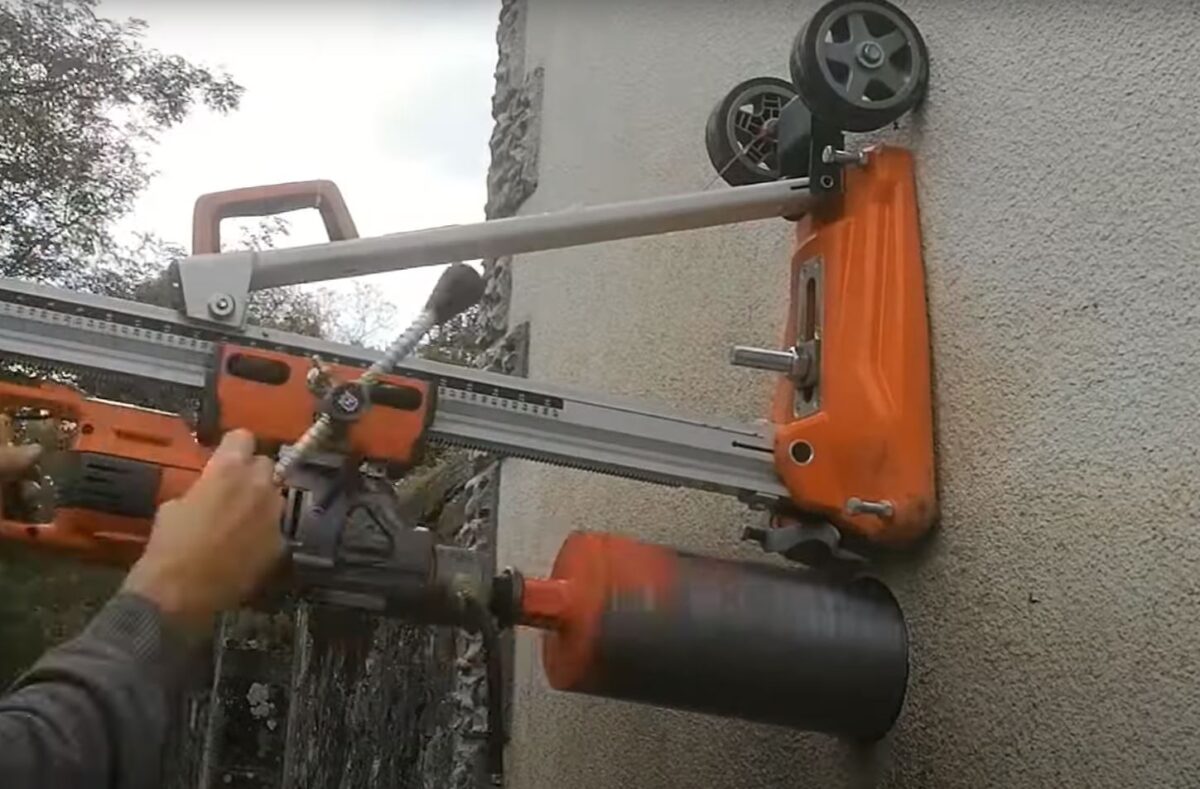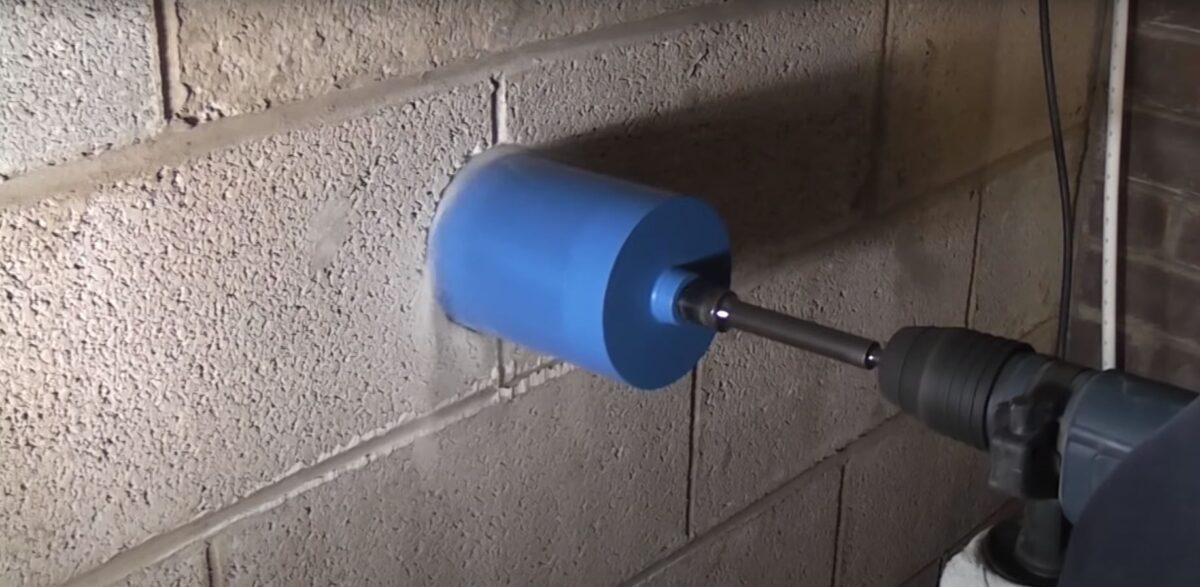Core Drilling in Auckland: Time Factors and Process Insights
Understanding Core Drilling
Concrete core drilling, also known as concrete coring, is the process of removing a cylinder of concrete from the rest of the structure. The procedure utilises a diamond cutting drill to create precise holes in concrete without causing any damage to the surrounding structures. It’s a popular choice for Auckland homeowners embarking on renovation projects, as it allows for the efficient installation of plumbing, electrical wiring, and other utilities.
Factors Determining Core Drilling Duration
Several elements influence the duration of the concrete coring process. Among these are:
- Thickness of the Concrete: The denser and thicker the concrete slab, the longer it takes to drill through it.
- Diameter of the Hole: A larger hole requires more time than a smaller one due to the increased surface area the drill needs to cut.
- Type of Concrete: Older concrete can sometimes be harder than its newer counterparts, adding to the time it takes for the process.
- Equipment Efficiency: The quality and maintenance of the drilling equipment can also influence the duration.
Technical Aspects of Drilling
The success of concrete drilling largely depends on the method employed and the machinery used. Advanced diamond-core drills are preferred in modern Auckland concrete cutting scenarios. These drills not only ensure precision but also speed up the process, thanks to their powerful motors and sharp diamond edges. When coupled with regular maintenance and skilled operation, these tools can significantly reduce the time needed for core drilling.
Auckland’s Bylaw Considerations
In Auckland, homeowners need to be aware of the regional bylaws that might impact their concrete drilling endeavours. For instance, in suburbs like Ponsonby and Remuera, there might be specific noise restrictions or heritage protection guidelines that can influence the timing and method of concrete coring. Familiarising oneself with regional council-specific codes can save a lot of hassle later on and ensure the smooth progression of your home renovation project.
Preparation and Post-drilling Steps
A proper concrete coring procedure involves a series of pre and post-drilling steps. Before drilling, the area is often scanned for any underlying utilities, and the surface is prepped. Once the core has been removed, the area is cleaned, and the extracted core is often analysed or recycled.
Cost Implications and Efficiency
While it’s tempting to focus solely on the speed of the drilling process, it’s essential to remember that faster isn’t always better. A rushed job can lead to inaccuracies or structural weaknesses. It’s crucial to find a balance between speed and quality when considering concrete drilling for your renovation project.
Comparative Table for Concrete Drilling Analysis
| Criteria | Details |
| Thickness | Thicker concrete can add to the drilling time. |
| Diameter | Bigger holes require more time than smaller ones. |
| Concrete Type | Older concrete might take longer to drill through. |
| Equipment | Advanced equipment can speed up the process. |
Key Takeaways
- Concrete core drilling is a precise and efficient way to create holes in concrete structures.
- Various factors, from the concrete’s thickness to the equipment used, can influence the time required.
- Local Auckland bylaws, especially in suburbs like Ponsonby and Remuera, can impact the drilling process.
- It’s essential to balance efficiency with quality to ensure the longevity and safety of the drilled structure.
Remember, whether it’s a simple home renovation or a more significant project, always engage with professionals who are familiar with Auckland concrete cutting regulations and best practices in concrete drilling and concrete coring.
Frequently Asked Questions on Core Drilling in Auckland
What is concrete core drilling?
Concrete core drilling is the process of removing a cylinder of concrete from a larger structure, using specialised drilling equipment, typically a diamond cutting drill. It’s commonly used in Auckland for creating openings for utilities such as plumbing and electrical wiring during renovations.
How long does the average core drilling process take?
The duration can vary based on several factors, including the concrete’s thickness, the diameter of the hole, the concrete’s age, and the equipment used. However, with modern equipment and skilled professionals, most residential core drilling tasks in Auckland can be completed within a few hours.
Are there any Auckland-specific regulations for core drilling?
Yes, Auckland has regional bylaws that might impact concrete drilling, especially concerning noise restrictions or heritage protection. Suburbs like Ponsonby and Remuera may have specific guidelines, so it’s essential to consult with local councils or professionals familiar with the area.
Is the equipment used for core drilling very noisy?
While core drilling equipment can produce some noise, advanced diamond-core drills, commonly used in modern Auckland concrete cutting scenarios, are designed to operate more quietly and efficiently. Still, it’s always a good idea to notify neighbours before starting any drilling work.
Can core drilling damage the surrounding structure?
If done correctly by experienced professionals, core drilling is a precise process that shouldn’t cause damage to the surrounding structure. However, it’s crucial to choose skilled Auckland concrete cutters and ensure the area is scanned for underlying utilities before drilling.

